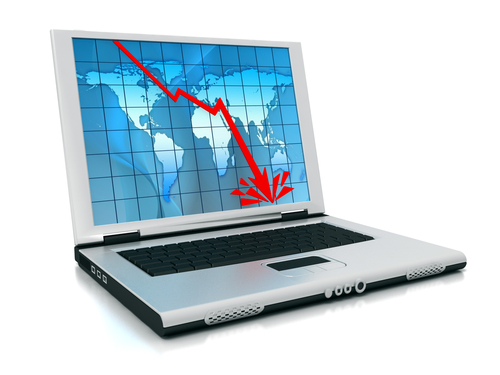
Lenovo takes the lead in (still) shrinking PC market
For most of the last year it seems that we've been reporting the decline of the PC market. At the beginning of December we even had IDC saying that shipments had seen their greatest decline ever.
No surprise then that on the figures for the final quarter of 2013 both IDC and Gartner are saying that shipments have declined again. The good news though is that there are signs of the decline bottoming out.
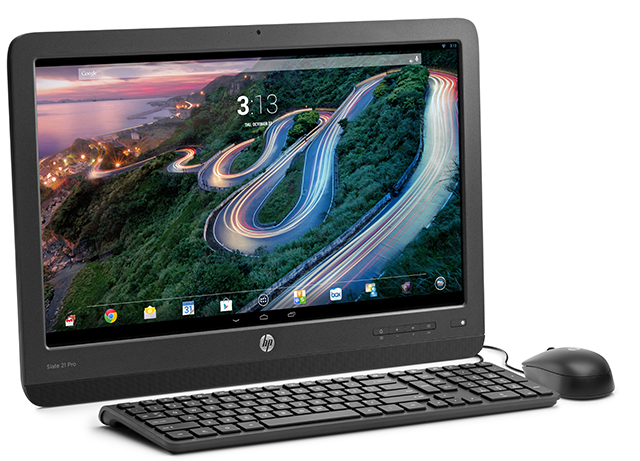
HP puts Android on the business desktop
All-in-one PCs are popular in the office and in customer-facing environments because they’re stylish and take up less space than conventional models.
HP has been an active player in this field for a while and has now updated its range of all-in-one (AiO) models with four new systems including -- for the first time -- one that runs Android.
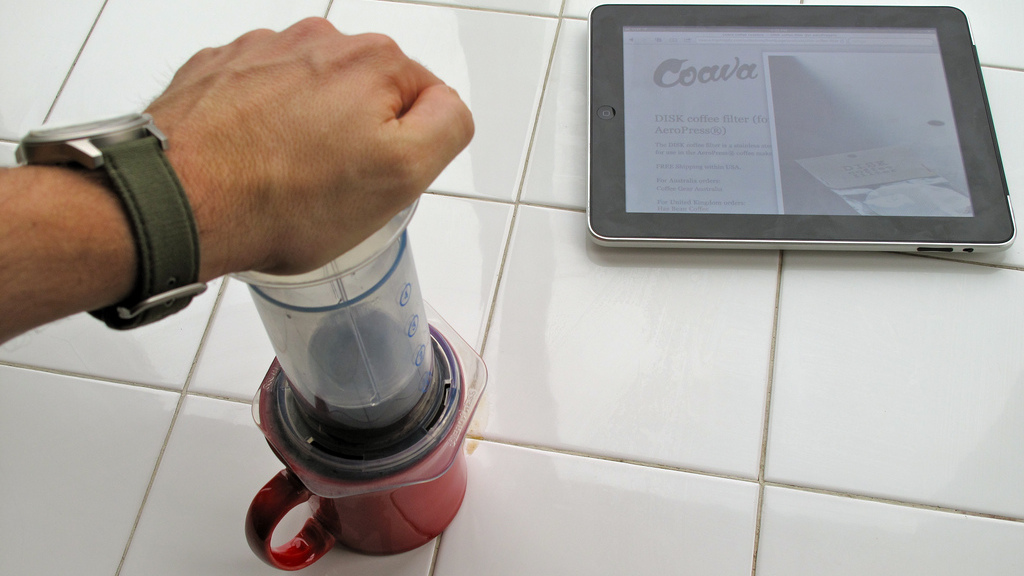
My favorite tech products of 2013 [Joe]
Better last than never. Colleagues Ian Barker, Alan Buckingham, Brian Fagioli, Mihaita Bamburic, Wayne Williams, and Mark Wilson have all picked their favorite tech for the year. I join them. Only things I actually have used qualify for consideration.
My list focuses on one aspect: Value. Which products I see delivering the most value for money spent. Surely your value choices will differ. You can spend 25 cents and get loads of value from something or $2,500 and little at all. With that short introduction, I present my five favorite tech products of 2013 (and one from 2005, newly discovered).

My favorite tech products of 2013 [Ian]
Being slightly late to the party when it comes to posting my list of favorite tech kit for this year means you'll probably have seen some of these things on other people's lists too -- blame spending Christmas in an internet free zone.
But hey, this is very much a personal thing, so these are my particular selections and the reasons why I've chosen them.
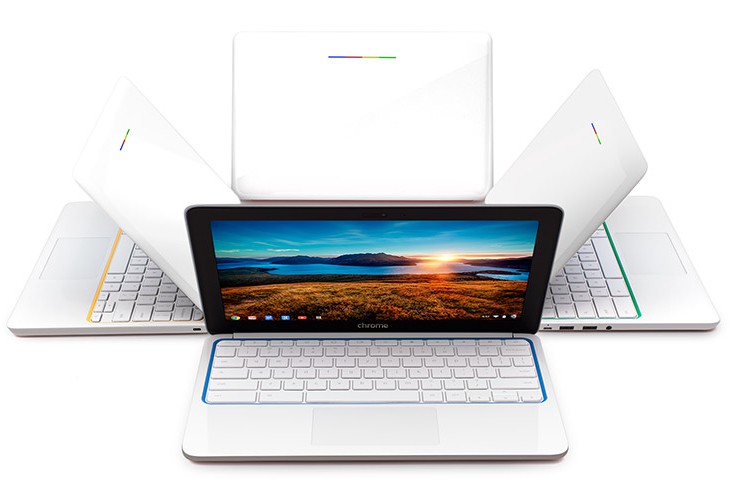
HP Chromebook 11 back in stock at Amazon
While the percentage of incidents was rather low, Google was forced to pull the HP Chromebook 11 from the market due to an overheating charger. Since then, the company has come out with a replacement model, and has begun shipping them out to customers who were affected.
Though the notebook has not yet reappeared in the Play store, it has now gone back up for sale via Amazon. The device is once again listed as "in stock", selling for the $279 that it previously went for.
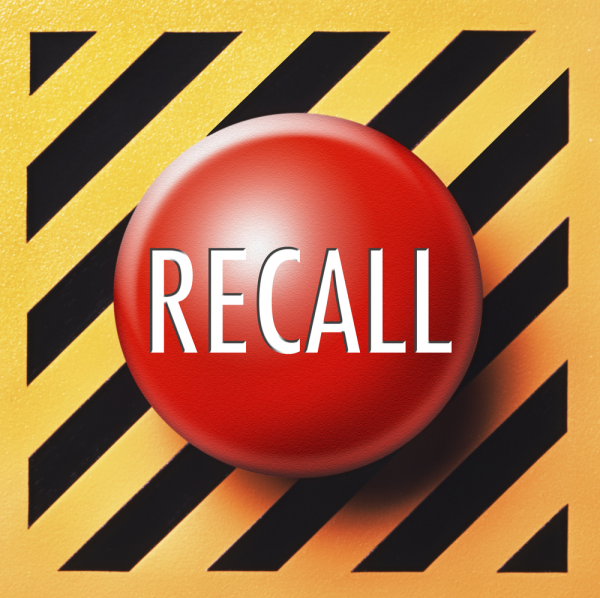
Google and HP recall 145,000 Chromebook 11 chargers for fire hazard
As someone who has lived through a home fire, I am very anxious about it. Any time I smell a neighbor's fireplace, I will investigate. I am still haunted by the night that I lost all of my belongings -- standing barefoot in the street watching the brave firemen fight the blaze.
When Google stopped sales of the HP Chromebook 11 due to a faulty charger, I was faced with a major conundrum. I love using that computer, but now I was scared to charge it. Even though Google suggested charging it with any other microUSB charger, I was still too concerned to leave it charging unattended. Plus, when I did use a different charger, I got a warning message that the charger was underpowered and charging would take longer. Finally today, the Consumer Product Safety Commission announces an official recall of the dangerous charger.
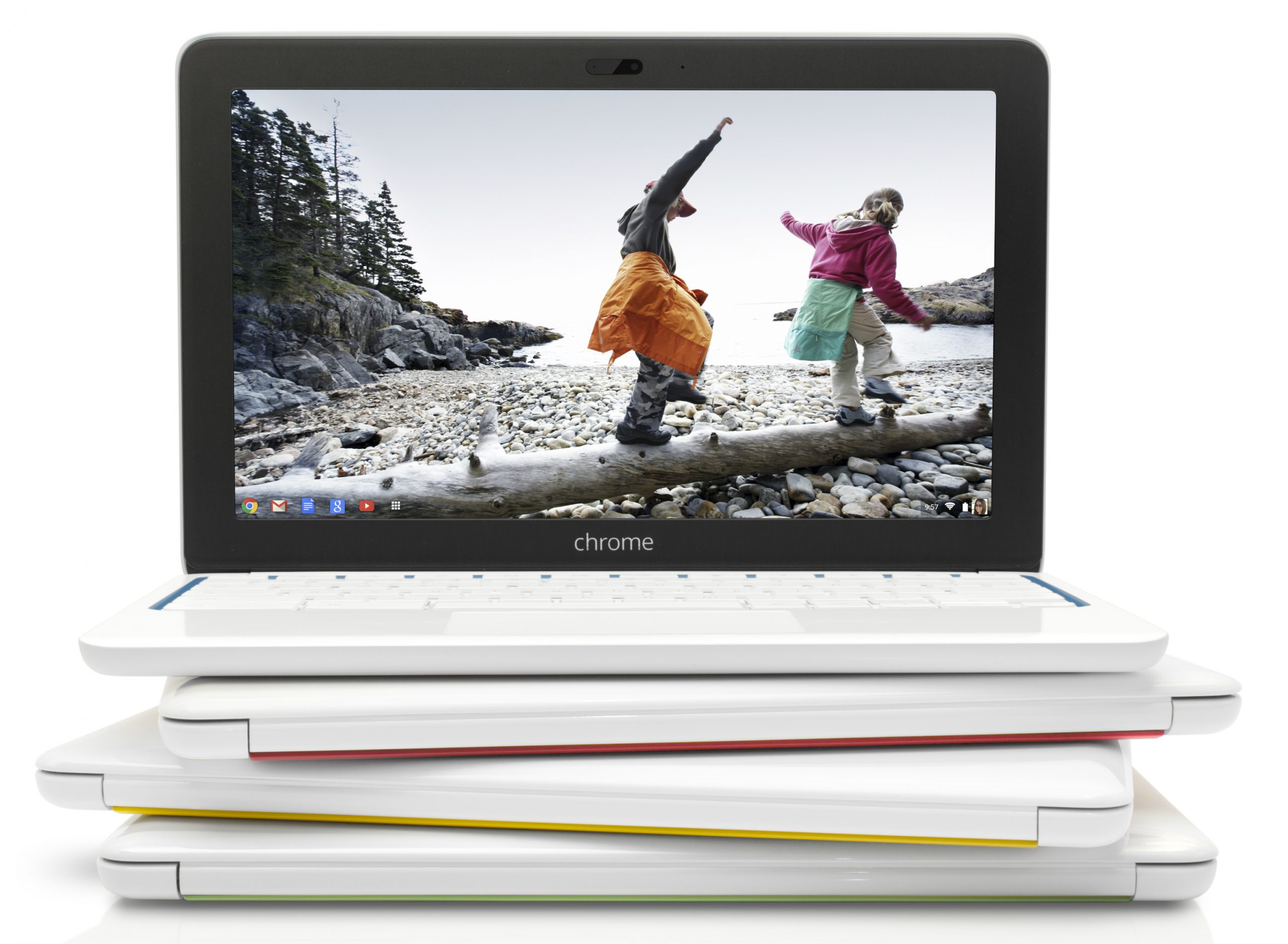
Got a faulty Chromebook 11 charger? You can soon buy a new one for $19.99
A few weeks ago Google's Chromebook 11 was removed from sale after an overheating problem was found with some chargers. No recall was ever announced, but users were advised against using the supplied charger in favour of another Micro-USB charger of their own. In fact, both Google and HP have been very quiet since the announcement, but now a new Chromebook 11 charger has appeared in Google Play.
The charger is not currently available; it is listed as 'Coming soon'. It also has a $19.99 price tag associated with it (or £14.99 if you're in the UK). This is a very simple piece of equipment, as illustrated by the short and sweet product description: "Keep your HP Chromebook 11 topped up with an extra charger."
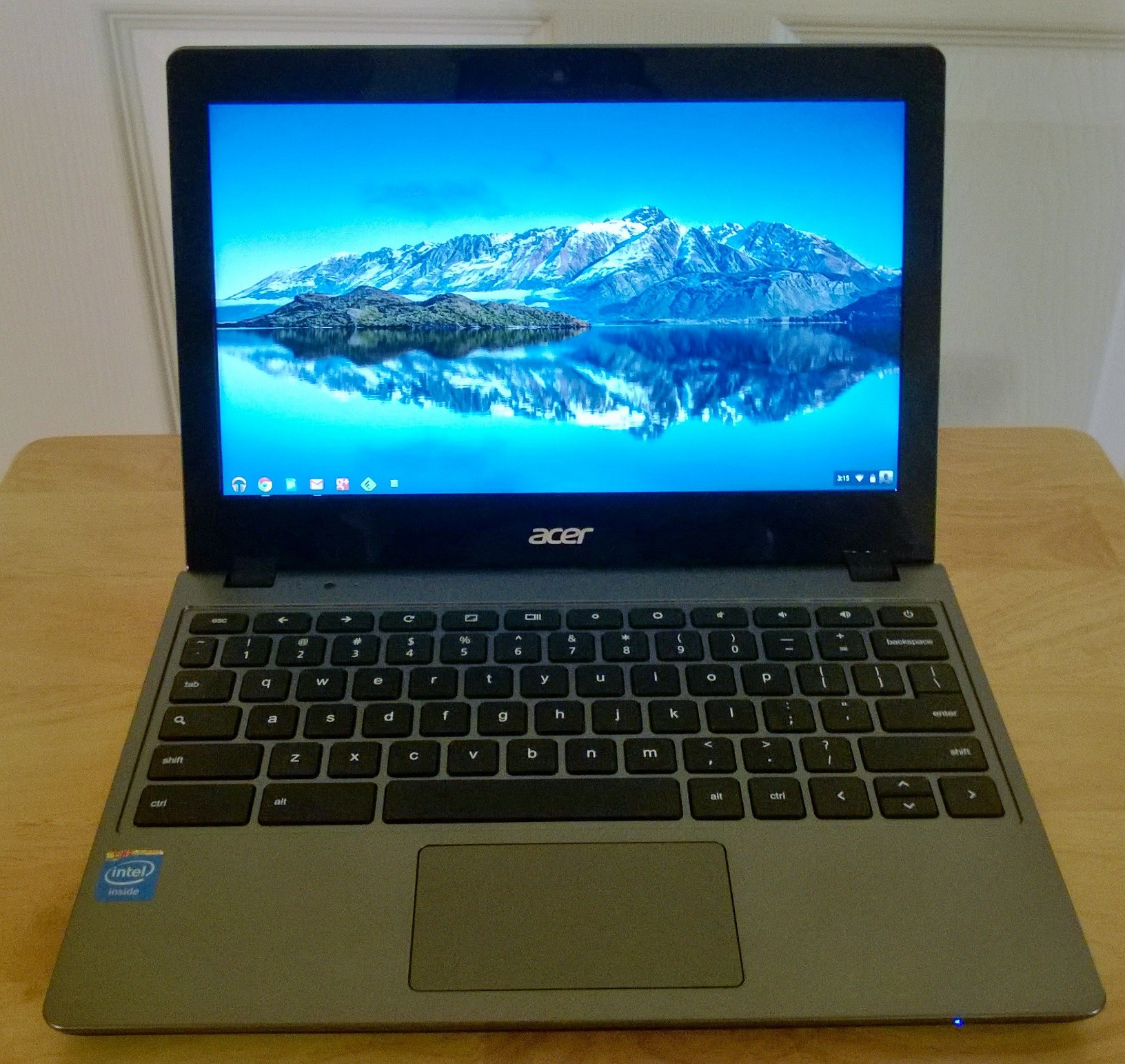
Acer C720 Chromebook -- best bang for your buck [Review]
My relationship with Chromebook and Chrome OS has been rocky. When Google first announced the concept, I was highly dubious. After all, I had done all of my computing on Windows and Linux -- locally installed apps were all I knew. Ultimately, curiosity got the best of me and I bought the Samsung ARM Chromebook. The simplicity of the platform melted my heart and I became an enthusiast.
Sadly, I outgrew the Samsung model due to its poor performance -- it is slow on certain websites, like Google+. I decided to postpone the upgrade until the Haswell models would arrive. However, in the midst of the Haswell-Chromebook revolution, HP and Google threw a curve-ball and released the wonderful Chromebook 11, that has an ARM processor, which took an Apple approach to laptop design.

Google-HP Chromebook 11 first-impressions review
Many people reading this review tangle up in features. They have a spec-sheet mindset that obscures seeing some products' benefits. Google gets the difference, and you should too. The paper holder that wraps around a Starbucks coffee cup is a feature. Protecting your hand from burning is a benefit. While related, the two are distinct. Any evaluation of Chromebook -- or any other thing to be purchased -- should focus on benefits first. Specs are a distraction.
In offering my first impressions about HP Chromebook 11, I step back from features and focus on benefits and who gets the most from them. Based on the out-of-the-box experience, for most people reading this review, I would not recommend the computer, which Google co-designed, over Intel Haswell-based Chromebooks. However, keeping with suspicions expressed yesterday, the tiny Chromebook would be right for students. Design, size, portability, functionality and value for price offer the right mix of benefits for preschool-to-grade 12 students. HP Chromebook 11 is what white MacBook was to kids last decade.

HP Chromebook 11 is pretty on the outside but last year's model within
Nearly a year after unveiling an ARM-based Chromebook with Samsung, Google has a newer, costlier and not-so-updated model from HP. Like the older computer, screen dimensions, physical size and weight are comparable -- as is the stingy RAM, which as a long-time Chromebook user I must fault. But there's a sexy, new enclosure and four bright color accents that could make this tiny beauty the PC stocking stuffer of Holiday 2013.
HP's push into Chromebooks should disturb Microsoft. The manufacturer is the software giant's most-loyal OEM partner. If "traitor" isn't a word uttered in response throughout the hallowed halls of the Redmond, Wash. campus, it should be. Just as Microsoft moves Windows 8.1 to market, HP primes not one, but two, new Chromebooks -- the other with 14-inch display -- in the only segment of the PC market that is growing.
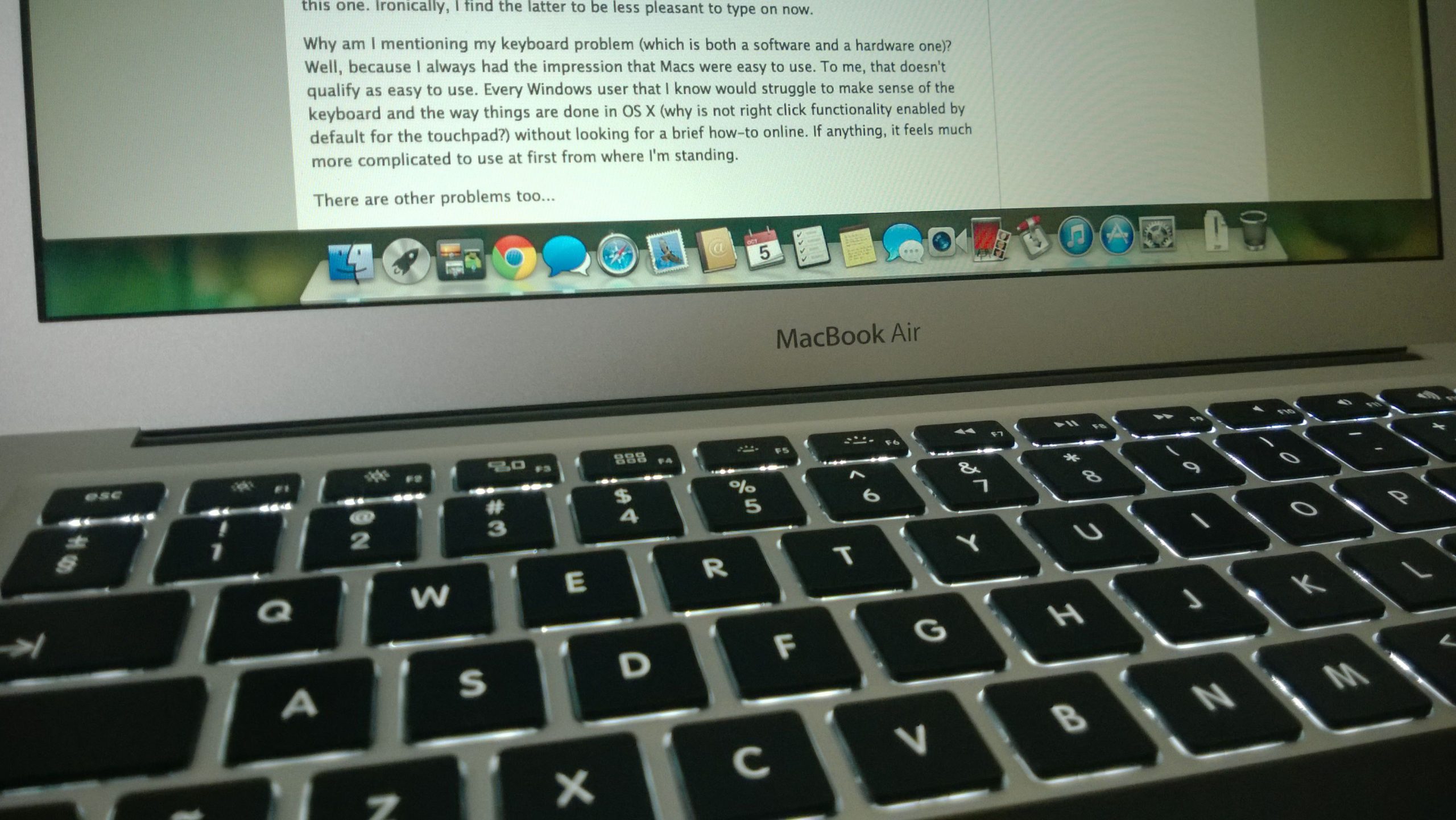
The 2013 Apple MacBook Air from a Windows PC user's perspective
For an exclusive Windows user, the prospect of owning a Mac has been an exciting to-do to cross off my enthusiast bucket list. I have owned two iPhones and one iPad, and have enjoyed all three, but I have never bought a Mac nor have I used one extensively. I have always been curious to see what's on the other side, but some constraints, one of which was Windows-only engineering software, prevented me from looking at any Mac with serious consideration. Luckily, or not, things have changed, and at the beginning of September I bought a new 13.3-inch MacBook Air, hoping to see what all the fuss is about.
I'll admit to being quite passionate about new devices, and always looking to get to know the basics before they arrive at my doorstep. Yes, I too scour the InterWebs searching for the tiniest of details. I just can't help it (and no, I do not believe that I am a control freak). But this time around I decided that the MacBook Air (I'm going to call it MBA from now on) needs a fresh take. Before it arrived, my impressions were that the hardware will not be a surprise (why would it be?) and that the software will take some getting used to. I thought everything was going to be smooth sailing once I settled in... and I was wrong.
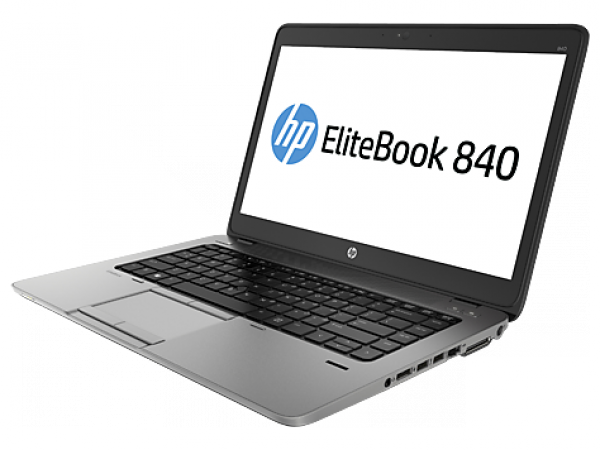
HP EliteBook 840 G1 ultrabook touts 33 hours of battery life, with the obligatory asterisk
I have to admit to being somewhat spoiled by the amazing battery life on my 13.3-inch Apple MacBook Air (mid-2013). It has completely transformed my usage habits and my perspective on mobility and laptops. Using it for 10 hours straight without any charging time is a common scenario, without being exactly light on the throttle. But even the mighty MacBook Air cannot compete with HP's latest ultrabook, the EliteBook 840 G1.
HP says that the EliteBook 840 G1, which is part of the manufacturer's new business ultrabook lineup, can deliver a whopping 33 hours of battery life. As you can tell from the headline, there is a "but" somewhere.
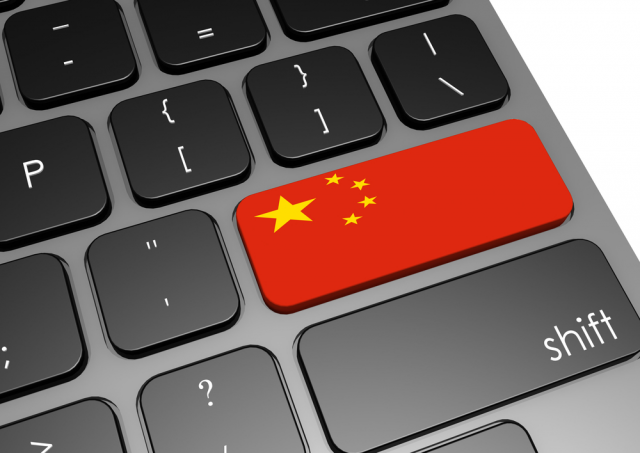
Hewlett Packard brings Ubuntu to China
China has been in the spotlight lately. Most recently, the country was rumored to be the major catalyst for the "low cost" iPhone 5c. However, this has largely been discredited since the phone was revealed to not be "low cost", but instead a relatively expensive, premium device. However, China is still a major player in the computer market and manufacturers are chomping at the bit to take advantage of it. Today, Canonical announces that Hewlett Packard is focused on the nation and will be selling Ubuntu-based laptops in its 1,500 retail stores.
Canonical says, "Ubuntu’s retail presence has grown again as HP brings a range of laptops pre-installed with a Chinese-centric version of Ubuntu 12.04 LTS to over 1,500 of its stores across all major cities in China. Consumers in China will now be able to purchase HP laptops running Ubuntu directly from stores, where they will also find information packs and marketing materials to help with their purchase".

Chromebook goes Haswell
Today, at the Intel Developer Forum, Google and OEM partners unveiled plans to release new Chromebooks using Haswell chips. That means long battery life, on the order of MacBook Air, for a fraction of the price. Six top OEMs will produce Chromebooks, which isn't the best news for Microsoft and Windows 8.1. ASUS and Toshiba join Acer, HP, Lenovo and Samsung.
"Intel’s latest processors consume less power to improve battery life by more than 2X over previous generations, while offering increased performance", Caesar Sengupta, Google's Chromebook product manager, claims. "This means these new Chromebooks can last all day so you can focus on getting things done".

Is touch contributing to the death of the PC?
HP yesterday revealed two reclining touchscreen PCs and in the accompanying press release Mike Nash, vice president, Product Management, Consumer PCs and Consumer Solutions, HP said: "Customers have told us that they want touch on their PCs", but do they? Really? Because the list of bestselling PCs on Amazon tells a different story. That suggests customers don’t want touch on their PCs.
According to the latest figures from NetMarketShare, just under eight percent of PC users are on Windows 8. What percentage of those use touch? I don’t know, but I could hazard a guess of no more than around 30 percent.
